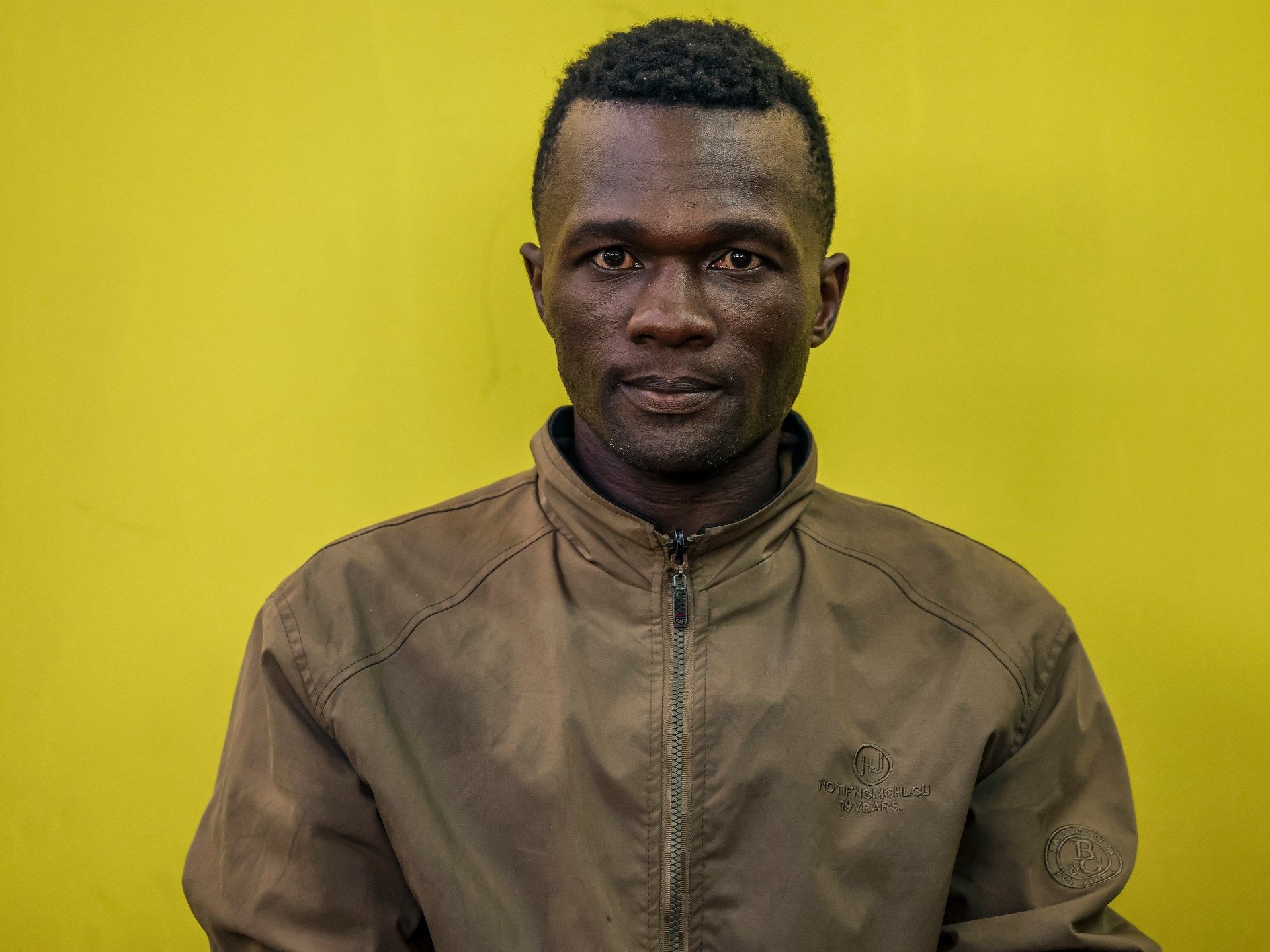Collins Jumaisi, accused of dismembering the bodies of 42 women, escapes from a police station with 12 others.
A manhunt is underway in Kenya after a man escaped from a police cell in Nairobi and police say confessed to murdering and dismembering 42 women.
Collins Jumaisi Khalusha, 33, described by police as a “vampire, a psychopath” after his arrest on July 15, escaped on Tuesday morning along with 12 undocumented Eritrean migrants, Kenyan police spokeswoman Resila Onyango said.
The escape was discovered when officers made a routine visit to the police station cells at around 5 a.m. (02:00 GMT) to serve breakfast to prisoners, police said in a separate statement.
“Upon opening the cell door, they found that 13 prisoners had escaped by cutting through the wire mesh of the rest area,” he said, referring to an area in the station where detainees could have access to fresh air.
The police station is located in the exclusive Gigiri district of Nairobi, where the regional headquarters of the United Nations and numerous embassies are located.
Khalusha had appeared in court in the Kenyan capital on Friday, where the magistrate ordered him to be held for another 30 days to allow police to complete their investigations.
Mohamed Amin, head of the Criminal Investigations Directorate, said after his arrest that Khalusha had confessed to killing 42 women over two years starting in 2022 and that his wife had been his first victim.
“We are dealing with a serial killer, a psychopathic serial killer who has no regard for human life, who has no respect or dignity,” Amin said at the time.
However, the suspect's lawyer, John Maina Ndegwa, told the court that Khalusha was “tortured” into making the statement. Prosecutors denied these allegations.
Ten bodies of women, butchered and tied in plastic bags, were found at the dumping ground of an abandoned quarry in Nairobi's Mukuru slum, the Kenya National Commission on Human Rights (KNCHR) said last month.
The site is just 100 metres from a police station, highlighting the plight of Kenya's police, which has come under scrutiny following a brutal crackdown on anti-government protests in which rights groups accused officers of using excessive force.
The state-funded KNCHR said in July it was carrying out its own investigations into the Mukuru case because “it is necessary to rule out any possibility of extrajudicial killings.”
Kenya's police watchdog, the Independent Police Oversight Authority, also said it was investigating whether there was any police involvement or a “failure to act to prevent” the killings.












